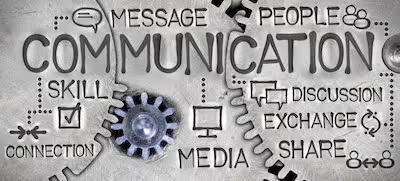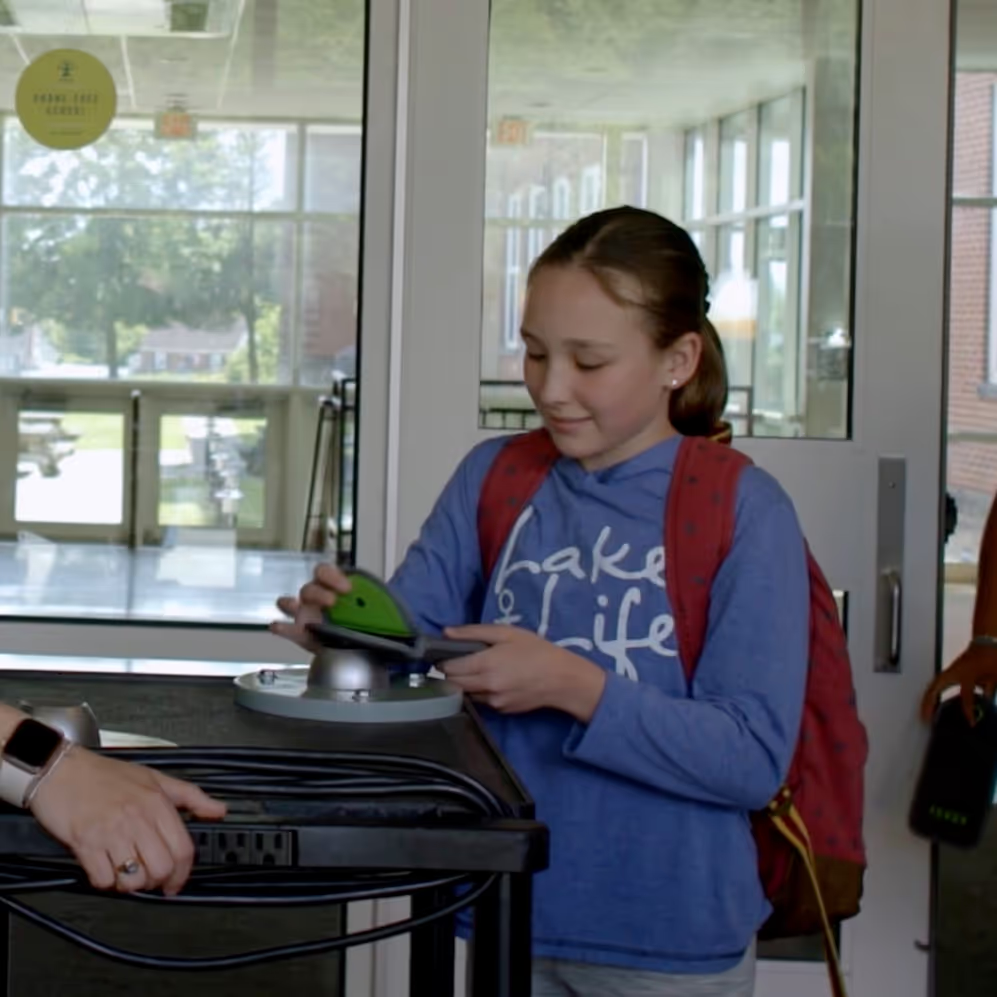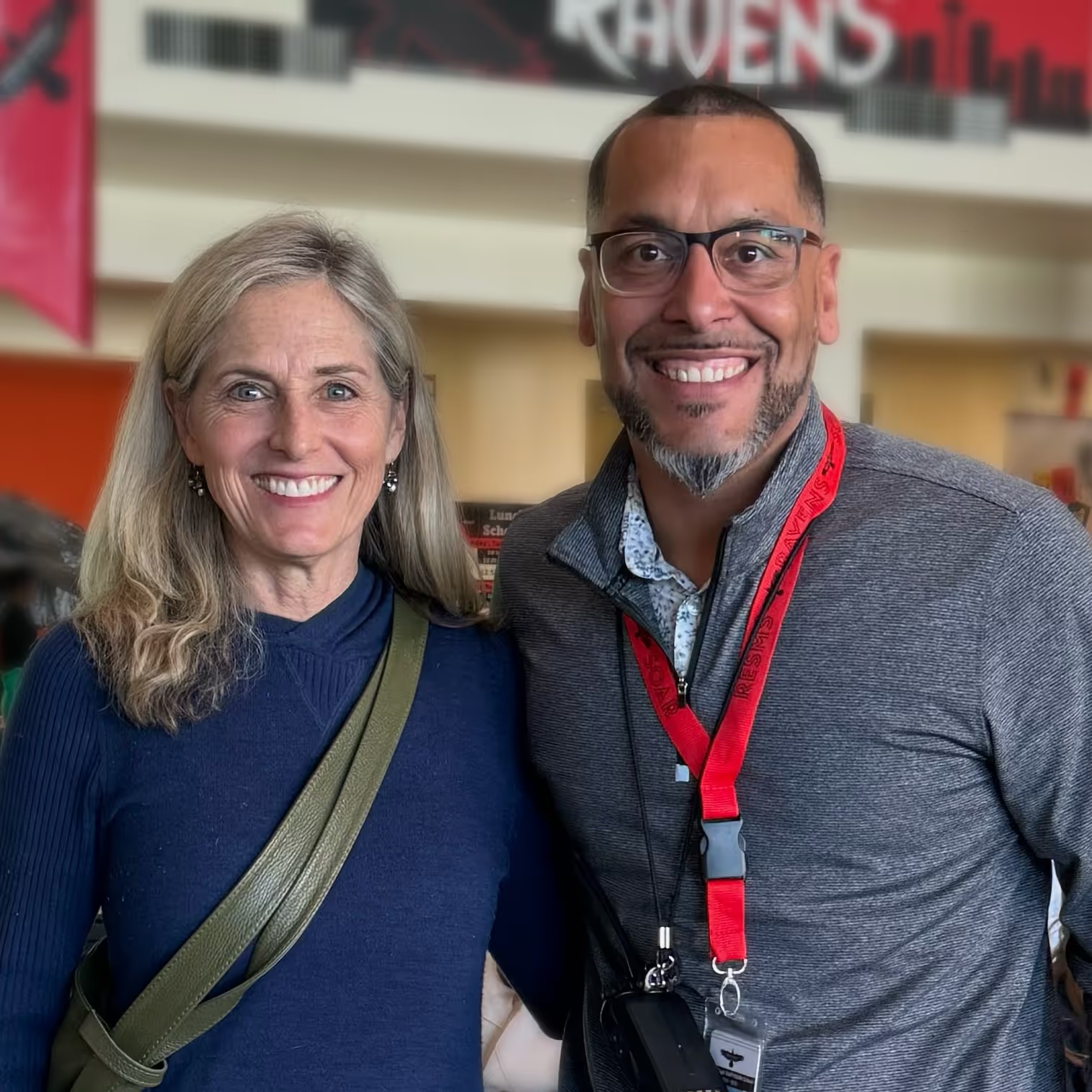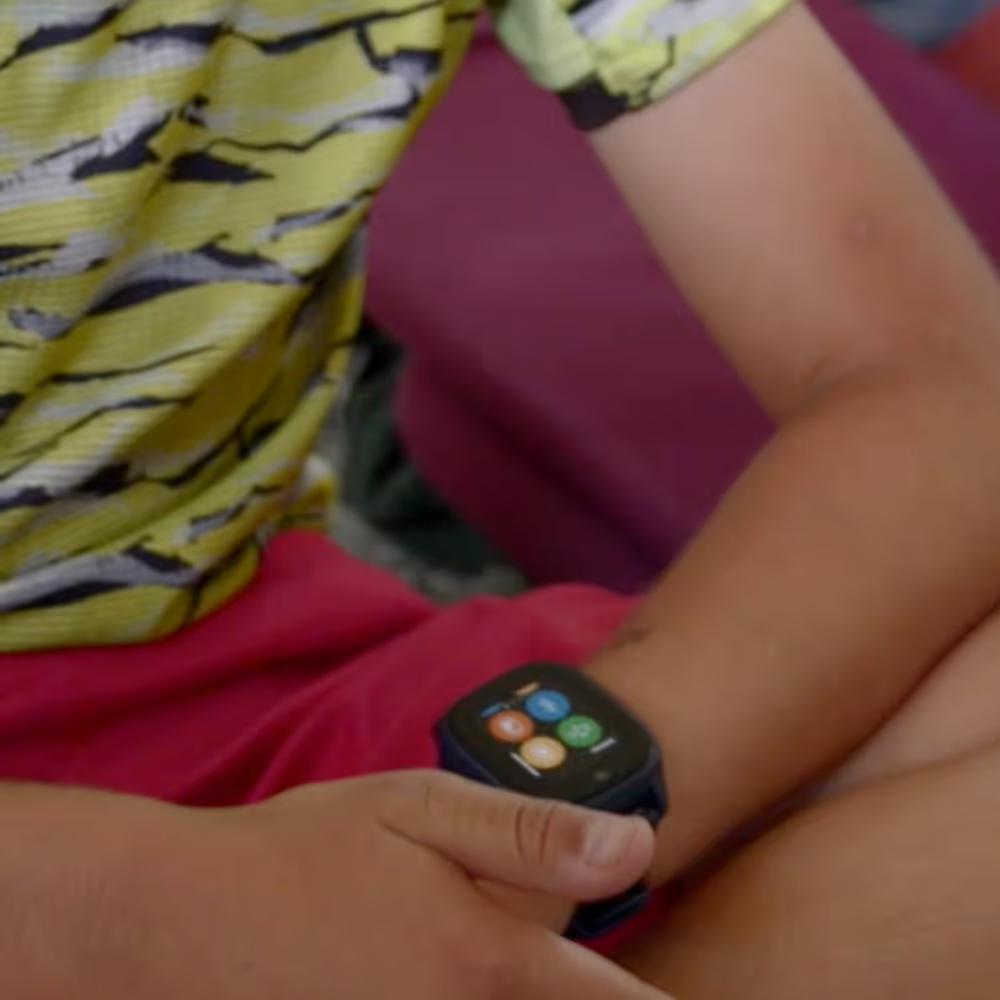


Yesterday, I was about to click on the Roosevelt High School weekly newsletter when I stopped myself when it occurred to me, “Wait, why do I still open this each week given that my kids no longer go to this school?” Tessa graduated last spring, and still, I found delight in reading it.
Many people work so hard to bring some important information into these newsletters every week, and I value these letters as resources provide. The recent one, for example, listed all sorts of resources to help spark key conversations.
I bring this all up because those emails are a vital connection between the entire Roosevelt community, families, students, and teachers. I have a deep appreciation for the people who put these emails together.
A big shift has happened, a reset is remerging, and how we communicate as schools and families is critical. What types of committees will we make? How should such emails even be changed?
As family members, what is a good time to talk about how is our school email? What type of information is in your school’s newsletter? Do you find parts of it valuable? Would you like to see more of something? Many schools include sections from my newsletters and links to my Tech Talk Tuesdays. Let us know if you want to include excerpts and links in your newsletter.
Below are some resources from my kid’s high school alma mater and questions to get the conversation going about what parts of our school’s newsletter we appreciate and what do we want to see more of >>
They wrote about a group of teens volunteering to teach free classes and provide tutoring to younger K-12 students. And listen to this, they have organized a fun contest for https://www.missioninspired.org/toq. This due date is still a week away, so consider showing the website to your kids. Even if they don’t want to create and submit a creative project, seeing the volunteer opportunity will plant some sunflower seeds. Tales of Quarantine is the project’s name: A nationwide initiative challenging students ages 6-18 to showcase COVID’s impact through a wide variety of artistic expressions.
Through the email, I also learned about Narrative 4, an organization that is all about building empathy and empowering young adults to improve their lives and the world around them by getting people together to tell each other their life stories. How it works is one person tells their story to someone else, and then the person who hears the story pretends they are that person and tells their story to a larger group. The video on their site was so engaging that I shared it with my daughter.
A Conversation About Growing Up Black — A New York Times video interview with young men and boys about their experiences.
A Conversation With Latinos On Race — A New York Times video interview with Latinx men and women about their race and ethnicity experiences.
A section in the Roosevelt newsletter called “Advocacy” has been a great resource for sparking discussions in my family.
“Seattle Public Schools and other districts in the state are experiencing declines in enrollment this year and in the upcoming school year. Declines in enrollment mean less funding and fewer teachers - Roosevelt is projected to lose 7 teachers next year. … Please email your legislators and the legislators in charge of crafting the budget, and tell them that they need to preserve school funding at pre-Covid levels. Seattle Council PTSA has drafted a sample letter that you can use.”
“March 9th was the deadline for bills to come out of committee so they can be reviewed by the other chamber of the legislature. Unfortunately, the bill that would have outlawed high capacity magazines for firearms (SB 5078) did not make it to a vote. But several bills that align with the WSPTA legislative agenda are still alive, including HB 1139, which would mandate remediation of lead in school drinking water outlets. One important bill to monitor is E2SSB 5128, which would have provided school districts with transportation funds to minimize the impact of fewer students riding buses this year. The bill now essentially requires districts to use federal funds to cover any transportation deficits before any state funds would kick in. For more information on what happened in the legislature this week, check out the WSPTA Legislative Report.”
I always also appreciate when the email/newsletter includes things around social and emotional topics.
My Screenagers Movies partner, who has a senior in high school in Northern California, recently shared this section from her school daughter’s newsletter about their worry for their seniors. They have also offered many resources for all students:
“We know that distance learning can be challenging for students on multiple levels, and that our Seniors are likely undergoing a uniquely painful process of grieving the loss of a “normal” Senior Year of high school, and all the rites of passage that traditionally accompany that. Being mindful of this, HS 1327 Wellness is planning to check in with all of our Senior students between now and the end of the school year. Our hope is to assess students’ social-emotional needs and let them know about the resources we have to support them as they prepare to transition out of high school.”
Of course, these newsletters have all the typical announcements, which can be so fun to read about, such as upcoming sports, drama, PTSA meetings, and the list goes on. Yes, everything is modified due to COVID, but everyone’s commitment to helping our students is always heartwarming to see.
Click here if you are interested in hosting an ONLINE screening for your community.
Click here if you want to attend an ONLINE screening.
Click here for information about Dr. Ruston’s new book, Parenting in the Screen Age
Subscribe to Dr. Ruston’s Screenagers Podcast.
Learn more about showing our movies in your school or community!
Join Screenagers filmmaker Delaney Ruston MD for our latest Podcast

Learn more about our Screen-Free Sleep campaign at the website!
Our movie made for parents and educators of younger kids
Learn more about showing our movies in your school or community!
Learn more about showing our movies in your school or community!
Join Screenagers filmmaker Delaney Ruston MD for our latest Podcast

Learn more about our Screen-Free Sleep campaign at the website!
Our movie made for parents and educators of younger kids
Join Screenagers filmmaker Delaney Ruston MD for our latest Podcast
As we’re about to celebrate 10 years of Screenagers, we want to hear what’s been most helpful and what you’d like to see next.
Please click here to share your thoughts with us in our community survey. It only takes 5–10 minutes, and everyone who completes it will be entered to win one of five $50 Amazon vouchers.
Yesterday, I was about to click on the Roosevelt High School weekly newsletter when I stopped myself when it occurred to me, “Wait, why do I still open this each week given that my kids no longer go to this school?” Tessa graduated last spring, and still, I found delight in reading it.
Many people work so hard to bring some important information into these newsletters every week, and I value these letters as resources provide. The recent one, for example, listed all sorts of resources to help spark key conversations.
I bring this all up because those emails are a vital connection between the entire Roosevelt community, families, students, and teachers. I have a deep appreciation for the people who put these emails together.
A big shift has happened, a reset is remerging, and how we communicate as schools and families is critical. What types of committees will we make? How should such emails even be changed?
As family members, what is a good time to talk about how is our school email? What type of information is in your school’s newsletter? Do you find parts of it valuable? Would you like to see more of something? Many schools include sections from my newsletters and links to my Tech Talk Tuesdays. Let us know if you want to include excerpts and links in your newsletter.
Below are some resources from my kid’s high school alma mater and questions to get the conversation going about what parts of our school’s newsletter we appreciate and what do we want to see more of >>
They wrote about a group of teens volunteering to teach free classes and provide tutoring to younger K-12 students. And listen to this, they have organized a fun contest for https://www.missioninspired.org/toq. This due date is still a week away, so consider showing the website to your kids. Even if they don’t want to create and submit a creative project, seeing the volunteer opportunity will plant some sunflower seeds. Tales of Quarantine is the project’s name: A nationwide initiative challenging students ages 6-18 to showcase COVID’s impact through a wide variety of artistic expressions.
Through the email, I also learned about Narrative 4, an organization that is all about building empathy and empowering young adults to improve their lives and the world around them by getting people together to tell each other their life stories. How it works is one person tells their story to someone else, and then the person who hears the story pretends they are that person and tells their story to a larger group. The video on their site was so engaging that I shared it with my daughter.
A Conversation About Growing Up Black — A New York Times video interview with young men and boys about their experiences.
A Conversation With Latinos On Race — A New York Times video interview with Latinx men and women about their race and ethnicity experiences.
A section in the Roosevelt newsletter called “Advocacy” has been a great resource for sparking discussions in my family.
“Seattle Public Schools and other districts in the state are experiencing declines in enrollment this year and in the upcoming school year. Declines in enrollment mean less funding and fewer teachers - Roosevelt is projected to lose 7 teachers next year. … Please email your legislators and the legislators in charge of crafting the budget, and tell them that they need to preserve school funding at pre-Covid levels. Seattle Council PTSA has drafted a sample letter that you can use.”
“March 9th was the deadline for bills to come out of committee so they can be reviewed by the other chamber of the legislature. Unfortunately, the bill that would have outlawed high capacity magazines for firearms (SB 5078) did not make it to a vote. But several bills that align with the WSPTA legislative agenda are still alive, including HB 1139, which would mandate remediation of lead in school drinking water outlets. One important bill to monitor is E2SSB 5128, which would have provided school districts with transportation funds to minimize the impact of fewer students riding buses this year. The bill now essentially requires districts to use federal funds to cover any transportation deficits before any state funds would kick in. For more information on what happened in the legislature this week, check out the WSPTA Legislative Report.”
I always also appreciate when the email/newsletter includes things around social and emotional topics.
My Screenagers Movies partner, who has a senior in high school in Northern California, recently shared this section from her school daughter’s newsletter about their worry for their seniors. They have also offered many resources for all students:
“We know that distance learning can be challenging for students on multiple levels, and that our Seniors are likely undergoing a uniquely painful process of grieving the loss of a “normal” Senior Year of high school, and all the rites of passage that traditionally accompany that. Being mindful of this, HS 1327 Wellness is planning to check in with all of our Senior students between now and the end of the school year. Our hope is to assess students’ social-emotional needs and let them know about the resources we have to support them as they prepare to transition out of high school.”
Of course, these newsletters have all the typical announcements, which can be so fun to read about, such as upcoming sports, drama, PTSA meetings, and the list goes on. Yes, everything is modified due to COVID, but everyone’s commitment to helping our students is always heartwarming to see.
Click here if you are interested in hosting an ONLINE screening for your community.
Click here if you want to attend an ONLINE screening.
Click here for information about Dr. Ruston’s new book, Parenting in the Screen Age
Subscribe to Dr. Ruston’s Screenagers Podcast.
Sign up here to receive the weekly Tech Talk Tuesdays newsletter from Screenagers filmmaker Delaney Ruston MD.
We respect your privacy.
Yesterday, I was about to click on the Roosevelt High School weekly newsletter when I stopped myself when it occurred to me, “Wait, why do I still open this each week given that my kids no longer go to this school?” Tessa graduated last spring, and still, I found delight in reading it.
Many people work so hard to bring some important information into these newsletters every week, and I value these letters as resources provide. The recent one, for example, listed all sorts of resources to help spark key conversations.
I bring this all up because those emails are a vital connection between the entire Roosevelt community, families, students, and teachers. I have a deep appreciation for the people who put these emails together.
A big shift has happened, a reset is remerging, and how we communicate as schools and families is critical. What types of committees will we make? How should such emails even be changed?
As family members, what is a good time to talk about how is our school email? What type of information is in your school’s newsletter? Do you find parts of it valuable? Would you like to see more of something? Many schools include sections from my newsletters and links to my Tech Talk Tuesdays. Let us know if you want to include excerpts and links in your newsletter.
Below are some resources from my kid’s high school alma mater and questions to get the conversation going about what parts of our school’s newsletter we appreciate and what do we want to see more of >>
They wrote about a group of teens volunteering to teach free classes and provide tutoring to younger K-12 students. And listen to this, they have organized a fun contest for https://www.missioninspired.org/toq. This due date is still a week away, so consider showing the website to your kids. Even if they don’t want to create and submit a creative project, seeing the volunteer opportunity will plant some sunflower seeds. Tales of Quarantine is the project’s name: A nationwide initiative challenging students ages 6-18 to showcase COVID’s impact through a wide variety of artistic expressions.
Through the email, I also learned about Narrative 4, an organization that is all about building empathy and empowering young adults to improve their lives and the world around them by getting people together to tell each other their life stories. How it works is one person tells their story to someone else, and then the person who hears the story pretends they are that person and tells their story to a larger group. The video on their site was so engaging that I shared it with my daughter.
A Conversation About Growing Up Black — A New York Times video interview with young men and boys about their experiences.
A Conversation With Latinos On Race — A New York Times video interview with Latinx men and women about their race and ethnicity experiences.
A section in the Roosevelt newsletter called “Advocacy” has been a great resource for sparking discussions in my family.
“Seattle Public Schools and other districts in the state are experiencing declines in enrollment this year and in the upcoming school year. Declines in enrollment mean less funding and fewer teachers - Roosevelt is projected to lose 7 teachers next year. … Please email your legislators and the legislators in charge of crafting the budget, and tell them that they need to preserve school funding at pre-Covid levels. Seattle Council PTSA has drafted a sample letter that you can use.”
“March 9th was the deadline for bills to come out of committee so they can be reviewed by the other chamber of the legislature. Unfortunately, the bill that would have outlawed high capacity magazines for firearms (SB 5078) did not make it to a vote. But several bills that align with the WSPTA legislative agenda are still alive, including HB 1139, which would mandate remediation of lead in school drinking water outlets. One important bill to monitor is E2SSB 5128, which would have provided school districts with transportation funds to minimize the impact of fewer students riding buses this year. The bill now essentially requires districts to use federal funds to cover any transportation deficits before any state funds would kick in. For more information on what happened in the legislature this week, check out the WSPTA Legislative Report.”
I always also appreciate when the email/newsletter includes things around social and emotional topics.
My Screenagers Movies partner, who has a senior in high school in Northern California, recently shared this section from her school daughter’s newsletter about their worry for their seniors. They have also offered many resources for all students:
“We know that distance learning can be challenging for students on multiple levels, and that our Seniors are likely undergoing a uniquely painful process of grieving the loss of a “normal” Senior Year of high school, and all the rites of passage that traditionally accompany that. Being mindful of this, HS 1327 Wellness is planning to check in with all of our Senior students between now and the end of the school year. Our hope is to assess students’ social-emotional needs and let them know about the resources we have to support them as they prepare to transition out of high school.”
Of course, these newsletters have all the typical announcements, which can be so fun to read about, such as upcoming sports, drama, PTSA meetings, and the list goes on. Yes, everything is modified due to COVID, but everyone’s commitment to helping our students is always heartwarming to see.
Click here if you are interested in hosting an ONLINE screening for your community.
Click here if you want to attend an ONLINE screening.
Click here for information about Dr. Ruston’s new book, Parenting in the Screen Age
Subscribe to Dr. Ruston’s Screenagers Podcast.

This year, millions of students are experiencing a major shift: school days without phones, smartwatches, or other personal devices. Today we explore the wins, hurdles, and solutions helping schools succeed. We also share our resources that you can use to support technology policy changes in your schools.
READ MORE >
I recently sat down with middle school principal Zach at his school in Washington State. We talked about the challenges Zach and his team faced in his early years as principal when students used phones during school, and how he brought about a powerful transformation by having phones and smartwatches put away in locked pouches for the whole school day. In today’s blog, to raise awareness of the challenges, I share five real examples from Zach of the troubling ways students use phones at school to be unkind.
READ MORE >
It is with great pleasure that I share with you today a piece that Lisa Tabb and I did for Jonathan Haidt's (Author of The Anxious Generation) and researcher Zack Rausch's Substack blog — After Babel. In it, we discuss the rise in use of smartwatches in elementary schools and the problems they pose. There is a real cost to arming (pun intended) our kids with these devices and sending them to school. Now is the time to stop and fully address this topic and ensure that schools become smartwatch and phone-free.
READ MORE >for more like this, DR. DELANEY RUSTON'S NEW BOOK, PARENTING IN THE SCREEN AGE, IS THE DEFINITIVE GUIDE FOR TODAY’S PARENTS. WITH INSIGHTS ON SCREEN TIME FROM RESEARCHERS, INPUT FROM KIDS & TEENS, THIS BOOK IS PACKED WITH SOLUTIONS FOR HOW TO START AND SUSTAIN PRODUCTIVE FAMILY TALKS ABOUT TECHNOLOGY AND IT’S IMPACT ON OUR MENTAL WELLBEING.
